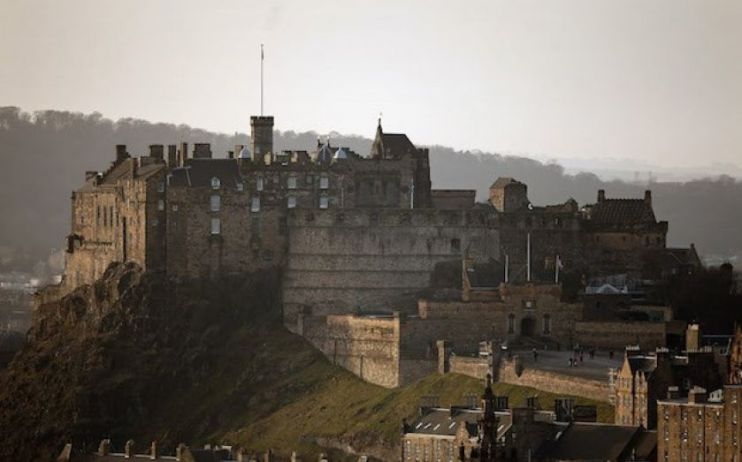A tourist tax like Edinburgh’s could be the answer to London’s funding squeeze

London is one of the most-visited cities on the planet. These visitors bring investment, diversity and vibrancy — and their numbers are rising. By 2025, London is projected to attract over 40m overnight visitors a year, up from 31m in 2016.
But while the tourism industry is a boon to the national economy and employment, it also puts a strain on our city. From antisocial behaviour, street litter, and risks to public safety, to over-burdening already crowded public transport, the pressures are growing. Tourism can also impact housing affordability, particularly as the rise of short-term private holiday lets continues.
Currently, the mayor and local councils have to address these challenges using public funds. But what if some extra revenue from London’s visitors could be collected to help cover costs?
Look at Edinburgh. Like London, Edinburgh also welcomes an increasing number of visitors. And in a recent Centre for London publication, the leader of Edinburgh Council, Adam McVey, explained why his city has backed a tourist tax, recognising that to maintain its position as a global destination, it needs to invest in the places that make it a success story.
The idea to introduce a transient visitor levy, or “tourist tax”, on all overnight visitors has won support from many Edinburgh residents. The widespread feeling is that tourism needs to offer something to the city, rather than just contribute to council budget concerns.
In London, we often hear that businesses would oppose an extra tax making already expensive hotel rooms pricier still, at a time when they face increasing competition from services such as Airbnb.
However, Edinburgh Council has found that businesses are less hostile to the idea if they are persuaded that the additional revenue is dedicated to improving the city and its public realm — investing in parks, cleaning streets, and marketing it as a tourist destination.
How much could such a tourist tax raise? Modelling for Edinburgh has shown that £2 per room per night could generate around £14m a year. Hotel rooms alone could generate more than £80m per year in London if the levy was set at the same rate. That’s more than the annual running costs of the Royal Parks.
Edinburgh also found that affordability is far from the only factor that helps people decide whether to visit somewhere. Neither Edinburgh nor London are primarily budget backpacking locations, and as the proposed increase in the cost of a room per night is relatively small, this should not impact numbers.
Of course, there would be issues to work out with these kinds of taxes. Should they apply to all visitors, or just ones from overseas? Should they be applied to short-term holiday lets and Airbnbs as well as hotels, to ensure a level playing field?
Still, with at least 16 European destinations already having some form of tourist tax, this idea is worth considering, and London should look to Edinburgh to see how the levy there plays out. London mayoral candidate Shaun Bailey has already suggested that he’d back the idea, and the Liberal Democrats have also warmed to it.
Who knows, when the General Election results are in tomorrow and London is able to look ahead to the vote for mayor in May, perhaps the others may follow.
Main image credit: Getty